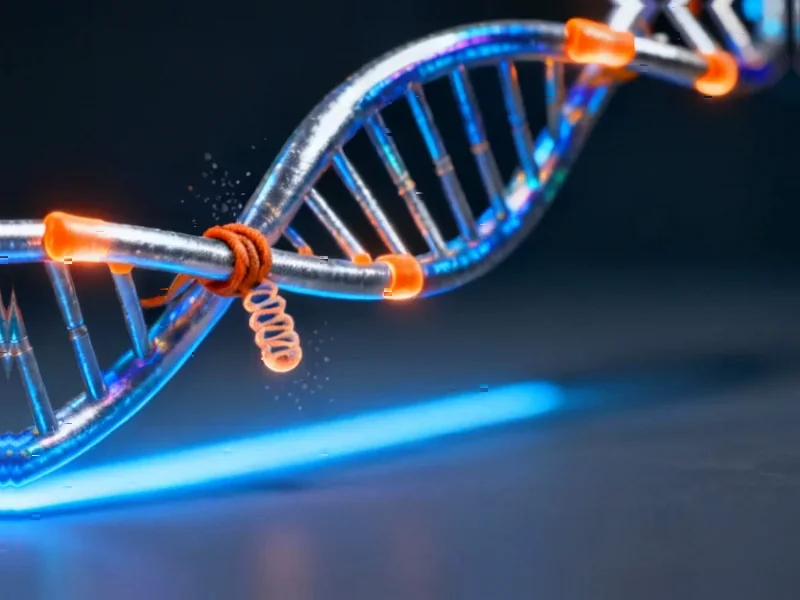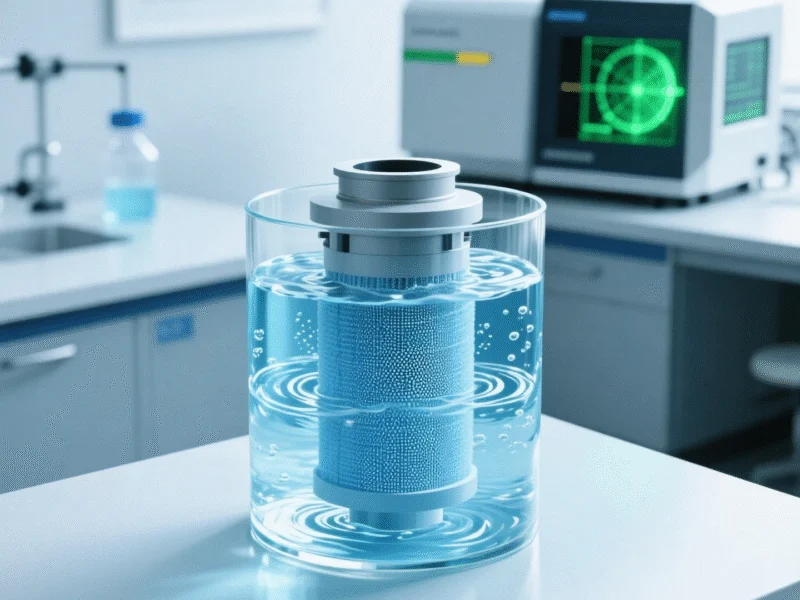Thermo Fisher Unveils EFOX Platform to Revolutionize Food Safety and Environmental Testing
Thermo Fisher Scientific has introduced the Orbitrap Exploris EFOX, a new analytical platform purpose-built for food safety and environmental testing. The system enables laboratories to detect pollutants like PFAS and pesticides with research-grade accuracy in routine operations. This innovation addresses growing global concerns about food and water contamination.
New Testing Platform Addresses Global Contamination Challenges
Thermo Fisher Scientific has launched the Orbitrap Exploris EFOX, a new analytical platform designed to transform how laboratories detect and quantify contaminants in food and environmental samples, according to company reports. The system reportedly enables testing facilities to identify pollutants like PFAS, pesticides, and emerging toxins with unprecedented precision as food safety concerns escalate worldwide.


